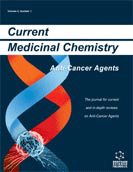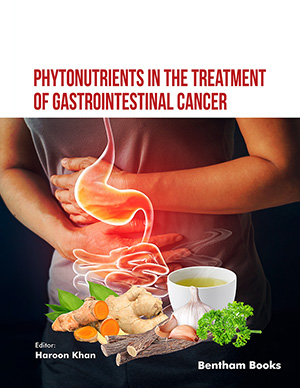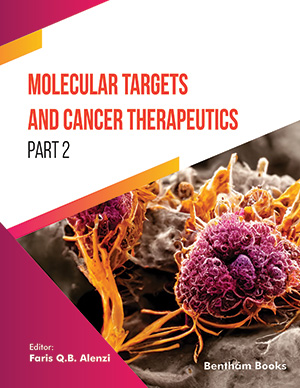Abstract
The importance of folylpoly-γ-glutamate synthetase (FPGS) in cancer chemotherapy arises from its function of adding γ-L-glutamate moieties to classical antifolates which contain an L-glutamate. Polyglutamylation of classical antifolates used in cancer chemotherapy have certain advantages. The polyglutamylated antifolates are trapped within the cell and hence are retained for a longer duration. In addition some polyglutamylated forms of classical antifolates also inhibit the target folate-dependent enzyme to a greater extent than those monoglumate form. There are however certain drawbacks to this enzymatic transformation of classical antifolates. For those analogs which need polyglutamylation for activation either for retention within tumor cells or to increase inhibitory activity against the target folate-dependent enzyme(s) (both of which could contribute to the antitumor activity of the analog), resistance to the antifolates can be manifested by reduction in the level of FPGS activity. In addition retention of polyglutamate forms of antifolates within normal cells may be a cause of toxicity. Thus the structural requirements for substrate activity for FPGS are of critical importance in the design of classical antifolates as cancer chemotherapeutic agents. In addition classical antifolates which lack the necessity of polyglutamation could circumvent the resistance due to a decrease in the level and activity of FPGS. FPGS activity on natural folate is essential to cell proliferation and survival. Thus inhibition of FPGS activity itself has been suggested as a chemotherapeutic strategy. Structural requirement for inhibition of FPGS have also been studied extensively. This review highlights the synthesis and the structural requirement for substrate and inhibitory activity of classical antifolates for FPGS and their relevance to cancer chemotherapy.
 6
6

















